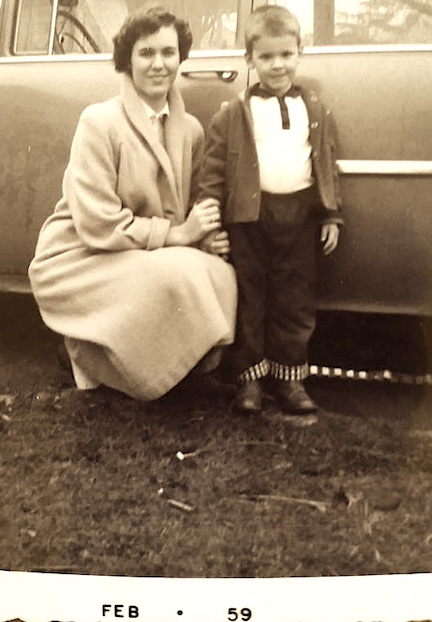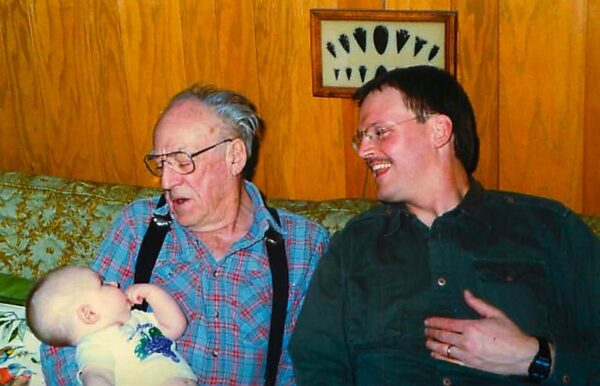Women’s healthcare is just another story if you’re not a woman, don’t know any women, if there are no women in your life?
Does that sum things up for you, or does it sound far fetched?
Everybody has women in their lives at some point.
Just ask your mom, your grandma, your sister, your wife, your daughter, your niece, your granddaughter.
Call it verified truth.
At some point in life, however you define that life, live that life, share that life, at some point women were involved.
What happens when women lose hope?
Neighbors told a KATU News reporter they saw a lot of police activity behind a bush.
A man from a nearby encampment said he found the baby, a girl, who was clearly not breathing, lying in the dirt behind bushes. Heartbroken, he said he put a blanket over her to give her some dignity.
What was supposed to happen instead?
Fall in love, move to the suburbs, buy a house, raise a family that sticks together, for starters.
But that’s not the sort of news that moves the ratings needle.
What moves the needle is homeless camp, abandoned infant, and death.
That’s news for KATU, KOIN, KPTV, and Oregonlive.
Each iteration of events includes a reference to Oregon’s Safe Haven Law.
The law states that a parent may leave an infant who is two months old or less with “an agent, employee, physician, or other medical professional working at an authorized facility,” according to the Oregon Health Authority.
Safe Haven Law For Women’s Healthcare
This is how it reads.
-
A parent may leave an infant aged 60 days or less with an agent, employee, physician, or other medical professional working at an authorized facility.
-
An authorized facility means a hospital, doctor’s office, birthing clinic, police station, or fire station.
-
The parent is not required to provide any identifying information about themselves or the infant.
-
As long as the infant is aged 60 days or less, shows no signs of abuse or neglect, and is handed to someone working at an authorized facility, criminal liability may be avoided. (ORS 163 535)
When the infant is left at the authorized facility:
-
The facility must notify the Oregon Department of Human Services (ODHS) within 24 hours of receiving the infant by calling the Oregon Child Abuse Hotline (855-503-SAFE (7233).
-
The facility will provide ODHS with all information the facility has regarding the infant.
-
ODHS is deemed to have protective custody of the infant from the moment the infant is left at the facility and ODHS is required to comply with the provisions of ORS Chapter 419B with regard to the infant.
The facilities where an infant is allowed to be dropped off include a hospital, a doctor’s office, a birthing clinic, a police station, a sheriff’s office or a fire station.
What about a church, a political field office, or a relative?
Nope, no, and no again.
Let me ask you in the audience: When is the last time you held a newborn baby, hugged the mom, and felt the circle of life getting stronger?
Have you ever seen a baby being born? It’s unforgettable. I’ve seen two births up close and personal. (Hey kids)
My dad was in the birth room for his last baby and said if he’d been in the room for his first he’d have never had another kid.
After #4 he developed a wrist injury as a cover story for a vasectomy.
I was fourteen at the time and wasn’t paying much attention to my mom’s harangue about teen pregnancy and condoms while I held baby sister.
Women’s Healthcare, The Untold Story From The Inside
An accomplished medical professional told this story:
A pregnant woman came into the Emergency Department with a baby inside her that hadn’t moved in a month.
They sent her to maternity.
We got the baby out and followed protocol.
If a baby weighed over a certain amount it had to be cremated and this baby weighed over that certain amount.
But the mom didn’t want to let go of her baby, so we had to negotiate with a woman high on meth.
She’d come into the maternity ward with her baby’s feet visible outside her vagina when things got started.
But we are professionals who know our jobs and how to do them.
Part of the job this time included getting attacked by the mom in the ward, calling for police, and getting her taken out so we could move on.
And that’s what we did.
Me: Do you know what to do when you get attacked?
Med Pro: I do now. I do after yesterday.
Me: Show me what you’d do.
She put her arms up to protect her face and head and how the training included working toward the door to get out.
I suggested that putting up your arms for protection means the attacker is too close, then described the difference between a kick and a leg-push.
Me: Most people wind up for a kick, or just kick like kicking a ball, and it’s awkward.
Still Me: Practice raising your thigh parallel to the ground, bring your foot up and step into the attacker and making contact with their lower body to make some room. It’s called a ‘teep’ in the fight game.
Still Me: Once you’ve got a little room, jab step away from the door. When the attacker goes for the fake, burst for the door and pick up a weapon, a trash can, a lamp, to keep them away until you reach safety.
MedPro: Where did you learn this, in the dojo?
Me: No, YouTube.
MedPro: I’ll check it out.
Me: Check this out for head protection.
If you want to do something important about women’s healthcare, be sure and vote in November.
One candidate, a woman, is a devout believer in furthering women’s healthcare.
The other one has a mixed record with women’s health, women’s legal rights, and respecting women in general.
Like always, vote for the candidate who most resembles your personal views.





